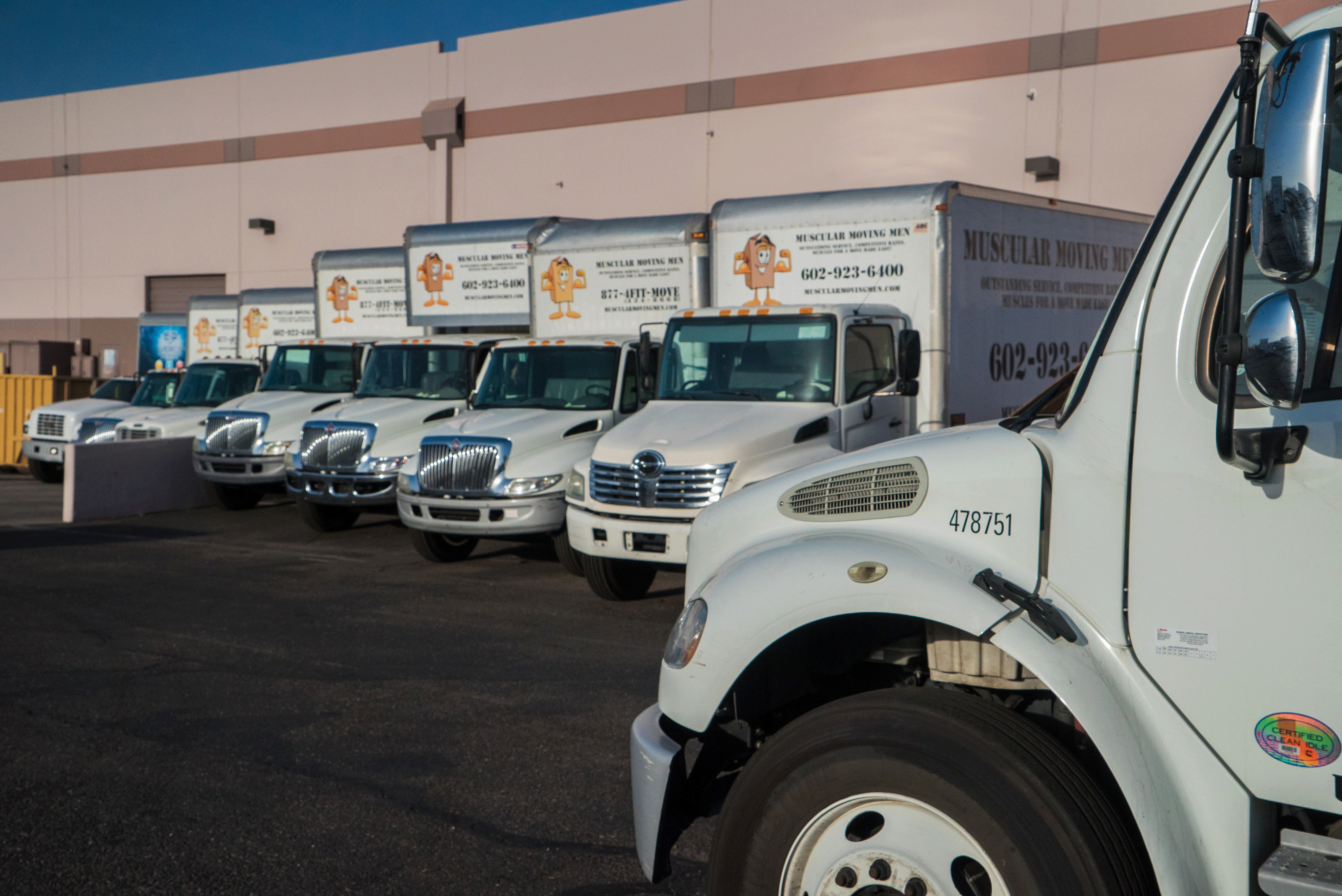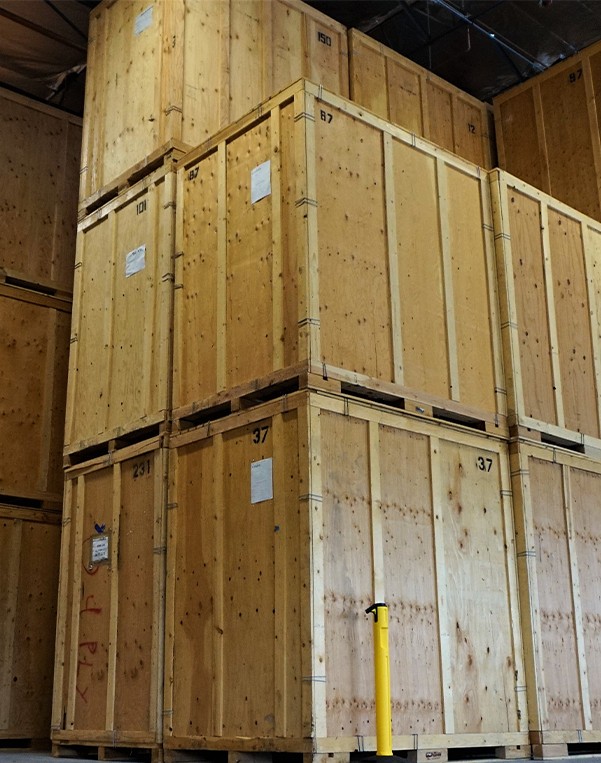News
Do I Need
Climate Controlled Storage .

If you’ve been doing any looking around at all for climate controlled storage you’ve no doubt come across a large list of Phoenix moving companies that offer climate controlled storage units. You’ve no doubt noticed that climate controlled storage units generally come at a higher cost. This is stands to reason as the climate controlled units cost more to operate and maintain. Additionally, with climate controlled storage you may be limited as to the number of available sizes that you can choose from.

Climate controlled storage definitely has its place though. Especially if you are wanting to store particular types of items or you intend on storing your items for a longer period of time and the area where they would be located is subject to extreme temperatures and/or humidity.
There are a lot of options when it comes to deciding upon what type of storage would be the best for your budget and the items that you are going to store. Here are some of the common questions regarding climate controlled storage.
What Is Climate Controlled Storage
Sometimes referred to as temperature controlled storage, climate controlled storage is usually just what it sounds like. But be advised that temperature controlled may be just that as defined by the facility… only the temperature is controlled. True climate control refers to the regulation of both the temperature and the humidity in the storage facility. So, a true climate controlled facility is set up to maintain a steady temperature and humidity levels and are equipped with a dehumidifier as well as HVAC systems.
Remember that there is no official standard as to “climate controlled” so the definition could vary slightly depending upon location as some storage may offer only heated or only cooled, so you’ll want to make sure of what the storage company is offering to provide. Ask for the details and their definition of climate controlled.
Generally, the temperature of true climate controlled units remains constant between 55 and 85 degrees. These units are typically indoor units within a larger building or warehouse. Since these units are located inside the facility the air quality is generally cleaner and more dust free and there is less chance of rodents getting into your belongings.
Temperature And Humidity In Climate Control
These are two important elements in the climate controlled equation. Maintaining optimal heat and humidity levels means controlling the moisture which means when the temperature and humidity are properly controlled moisture and mildew won’t begin to form on the items that you’ve put into storage.
Is Climate Controlled Storage Worth It
This is more of a question as to what value you put on your items that are being stored and how long you intend on storing them. If you are storing sensitive and irreplaceable items, then having them in a climate controlled facility would be of high importance. If you happen to live in a more moderate climate and aren’t going to be storing your items for very long then the benefits of a climate controlled unit versus the additional cost may not carry as much weight. The bottom line is that if you place a high monetary or personal value on your items then, yes, you’ll probably want to go with the climate controlled option.
What Items Need Climate Controlled Storage
Just about anything will benefit overall if stored in climate controlled storage. However, there are certain items that need to be stored in climate control.
- Furniture (anything made of or containing wood, metal, wicker, leather, or upholstery)
- Electronics
- Media (DVDs, videos, vinyl records, etc.)
- Artwork
- Clothing – particularly anything with leather or lace
- Important Documents
- Photographs
- Books and magazines
- Musical instruments
- Wine
- Antiques
- Collectibles or sets
- Appliances – due to hoses and electronics
- Sports equipment
- Bicycles
- Mattresses
- Vinyl records
The key to whether an item specifically needs the benefit of climate control storage is determined by how the particular item will react to moisture and/or extreme temperatures.
Wood can become warped, cracked, or begin to rot. Leather can dry out and become discolored and even be susceptible to mildew. Electronics can rust and if moist shouldn’t be plugged in. Paper and photographs can actually begin to deteriorate and even crumble.
If you’re wondering as to whether something should be in a climate controlled environment ask yourself:
- Could it get moldy or develop mildew?
- Would high heat and cold cause the parts or joints to expand and contract?
- Is it personally or monetarily irreplaceable?
- Is it designed to be stored in a constant environment such as artwork or wine?
Other Factors For Climate Controlled Storage
How long will your items be in storage? If your items are going to be in a storage unit for an extended period that would span seasons, you may want to think twice. You’ll want to consider the temperature and humidity conditions that could exist for your items if they were to be in storage that spanned more than one season that would expose them to more extreme temperatures.
Remember that the outside elements are going to eventually get into a standard storage unit. So, you will definitely be exposing your items to moisture at some level unless you do something to pack them so tightly as to keep moisture out.
The Cost Of Climate Controlled Storage
As mentioned earlier the cost of a climate controlled facility is going to be higher than a standard storage unit and costs can vary greatly between different facilities so take the time to do your due diligence.
Controlling the temperature and the humidity for a climate controlled storage facility takes equipment and technology that has to be installed, maintained, and powered, so it’s easy to understand the additional costs involved.
At the end of the day, it all depends on the value that you put on your belongings. Most people agree though, that it is better to be safe than sorry when it comes to their personal belongings. Make sure that you get full details from any storage facility as to how they define “climate controlled” and what systems that they have in place that actually does control the climate that your belongings will be staying in.
